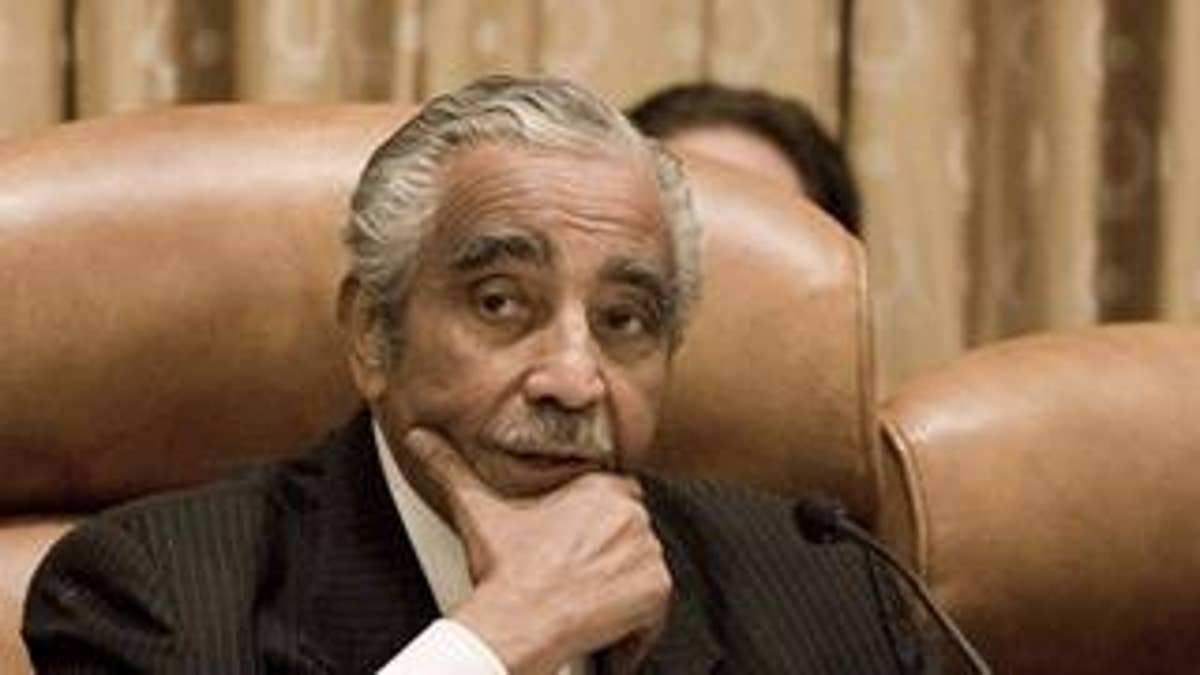
A key House committee on Thursday quietly altered its health care legislation in a way that could allow the Senate to mow over Republican opposition to Democratic reforms by exploiting a budgetary loophole.
The Ways and Means Committee adjusted its health care overhaul package so that the Senate, down the road, could avoid a filibuster and pass health care reform with a smaller number of votes than normally required.
The long-discussed process, nicknamed the "nuclear option," is known as reconciliation. It's coming into potential play after the Senate Finance Committee on Tuesday became the last of five committees to approve health care reform legislation, sending the overhaul proposals a big step closer to the president's desk. Before it gets there, though, the bill has to pass from the committees to the floors of the House and Senate.
Under the normal process, senators can filibuster almost anything and the debate would only be cut off if at least 60 lawmakers vote to do so. For that reason, 60 is considered the magic number in the quest to pass health care reform out of the Senate.
But under reconciliation, typically used in the budget process, no filibusters are permitted and a bill can pass with just a simple majority.
Structuring the health care bill in this way allows it to be scooped up in the reconciliation process, which could torpedo the Republicans' trump card.
"The secret of the week is that Democrats pulled the trigger on the nuclear option," warned Rep. Paul Ryan, R-Wis., top Republican on the House budget committee and a senior member of the Ways and Means Committee. "They built their vehicle today."
But Ways and Means Chairman Charlie Rangel, D-N.Y., said the committee's maneuver "is strictly procedural."
He noted, however, that the "action was necessary because there is a possibility that a handful of Senate Republicans could choose to engage in partisan tactics to stall this important health reform bill."
Rangel added that this move was to "simply preserve the option of advancing health reform legislation."
There are questions of how much of the health reform bill supporters could pass under reconciliation rules, since they are generally reserved for budgetary measures.
But Ryan believes the change in posture means that using reconciliation to pass health care reform could be a fait accompli.
"Why create the option if you don't intend to use it," he said. "And the fact that you created it enhances the chances that you will use it."
Many Senate Democrats, including Senate President Pro Tempore Robert Byrd, D-W.Va., remain skeptical of using the budget reconciliation process to approve health care reform.
Earlier this year, Senate Budget Committee Chairman Kent Conrad, D-N.D., dismissed the idea but conceded that "it is more than theoretically possible."
House and Senate leaders hope to start debate on their respective health care reform bills later this month or in early November.
Fox News' Chad Pergram contributed to this report.




